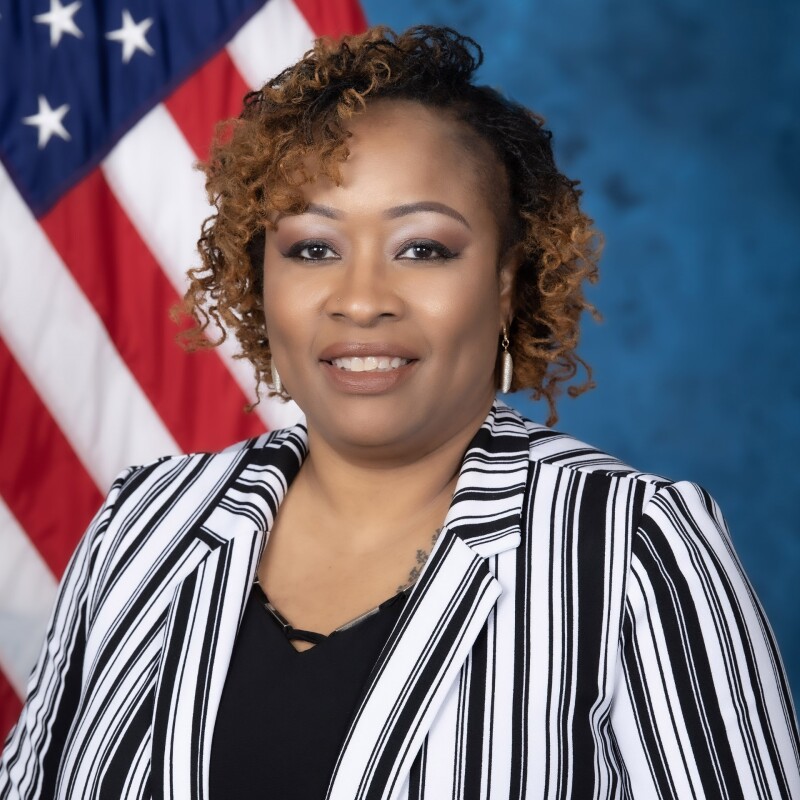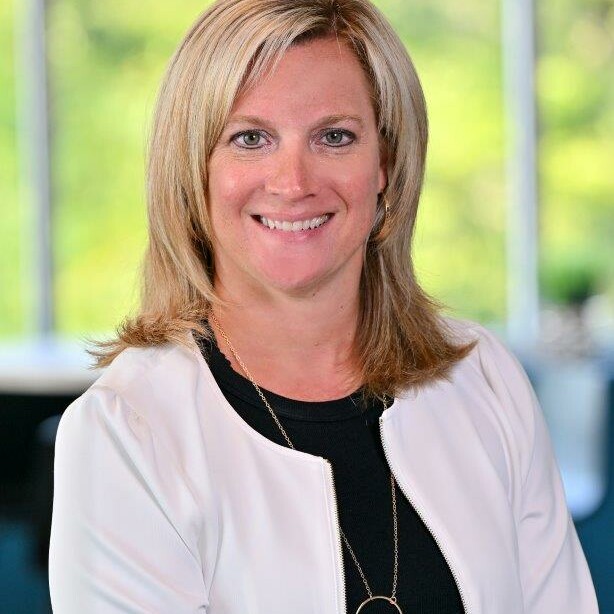All Things Admin Joins ASAP. Learn More ›
Industry Insights: The Admin's Perspective in Higher Education
March 8, 2024

Welcome to our new Industry Interview series! ASAP offers a welcoming space for admins to discuss their career trajectories, professional successes, and personal experiences. We hope this series displays the diversity of the profession by highlighting the unique experiences and/or challenges admins in specific industries face.
This month, we're spotlighting Elijah "Tony" Crawford, a higher education admin. Read on to discover more about his personal journey towards becoming an Administrative Operations Manager at Vanderbilt University!
How did you get into the administrative field and how has your role changed since being in the profession?
Elijah "Tony" Crawford: My introduction into the administrative field was born out of necessity, not out of choice. While working my blue-collar job in my 20s, I was involved in an accident that left me unable to continue performing that job. As the sole provider at the time, I knew that work was not an option—it was mandatory for me. I began as a mail clerk with a temporary service and worked the overnight shift sorting envelopes. The service that employed me allowed me to visit their office during the day to sharpen my skills using the computer, and I would dream up scenarios of tasks that needed to be done and the best way to go about doing them. I continued to test myself at the service and eventually got placed into a temp role as an administrative assistant. I never stopped challenging myself and found that this was a field in which I was able to excel.
Over time, I’ve seen the role of the professional administrator change from being reactive to proactive over the nearly three decades that I’ve been doing it. The role now requires admins to be more of a strategic partner and confidant to the executives than previously before. Admins are now the people that have their thumb on the pulse of what’s happening in the company without the headache of having to make all the decisions.
What does your day-to-day schedule look like in your current role?
Each day is similar in that there are meetings, calls, and engagement with staff within the organization. However, they differ in the small things that arise. There may be a hiccup during a meeting with leaders that requires me to jump in with a cape. Sometimes, I have to serve as the communication bridge between two divisions that didn’t know they needed to talk to one another to accomplish a shared goal. In short, the days are never boring and there are always opportunities for me to “show up” in the best way possible.
Are there any quirks to the industry that provide a different experience for admins in higher ed vs those in other industries?
Coming into higher ed from a government role, specifically emergency management, one quirk that I noticed straightaway was how contemplative things are at this level. In most situations, an admin will be engaging with stakeholders that are highly educated, and with that comes strong opinions. Therefore, building consensus can be placed higher on the priority list so that everyone feels “heard.” The admin in these situations may find themselves creating more meetings than typical and/or rehashing the same information multiple times, which may reduce their bandwidth to manage other tasks. I was more accustomed to processes that were documented and exercised in a way that everything became second-nature. The higher education climate is ever-changing, so it isn’t difficult to understand how building consensus is essentially “measuring twice and cutting once.”
What hurdles do higher education admins regularly face?
Not only in higher education, but in the administrative field as a whole, open dialogue and communication is a challenge. Since admins are so adept at taking care of those around us, it is sometimes tough to take care of ourselves by voicing our needs and wants as it relates to professional development or boundary-setting. This is not to say that it cannot be done, but it is a muscle that needs to be exercised.
Are there any differences between supporting a Chancellor or Dean vs a Corporate Executive?
My current role is not in the day-to-day support of a Chancellor. It is, however, in support of the vision laid out by that office and executing the mission with professionalism and efficiency. When I was in direct support of executives, I would always seek ways to display my value, whether they knew they needed it or not. Sometimes, it was actually better to provide service in a way that they were unaware. Their work life would become easier for them and that would translate to easier relations with the staff.
What is your favorite part of your job?
My favorite part is the opportunity to provide service—that’s my mentality at work and in life. It gives me great satisfaction to create a process that is then adopted by the organization. I enjoy looking for ways to solve the puzzle, and these are the things that can go into your resume or CV and create opportunities down the line.
What advice would you give to admins looking to transfer into the higher education industry?
Feel confident in your skills because there are more similarities than differences. Depending on your place in higher ed, your days may be spent chasing down blocks of time to schedule meetings, assembling a presentation that is needed for the next Board meeting, or communicating with a parent about the status of their student. I would advise that someone looking to get into higher ed try to keep up with technology. Learning institutions put a premium on those who are able to bring new skills and fresh ideas to the organization. We all know that technology quickly changes, and the admin is typically the one that’s being asked to learn it and share the results with the leaders.
What skills do higher ed admins need to succeed in their role?
The role of the admin in one organization may provide many transferable skills that will make that professional an asset in a similar higher ed role. At first blush, we’d consider the technical skills: managing spreadsheets, creating a presentation, online research, and other skills that are pertinent to getting the job done well. These are the spotlight skills that boost our resume and keep the operation moving forward. The skills that are equally important, but not always spoken about, are the soft skills: being able to work within a team, knowing when and how to ask clarifying questions, and understanding your weaknesses while making efforts to strengthen them. Essentially, showing the leaders and your team that you “understood the assignment” and responded accordingly. The pace of the work in higher education differs depending on the time of the year. It is important to take advantage of the slower times to sharpen your current skills or to develop new skills that will make the faster times a bit easier.
Join the Conversation
Welcome to the ASAP Circle, a community platform for peer-to-peer conversation on trending topics, professional challenges, and shared experiences. We even have designated spaces for weekly Tuesday Coffee Breaks.










